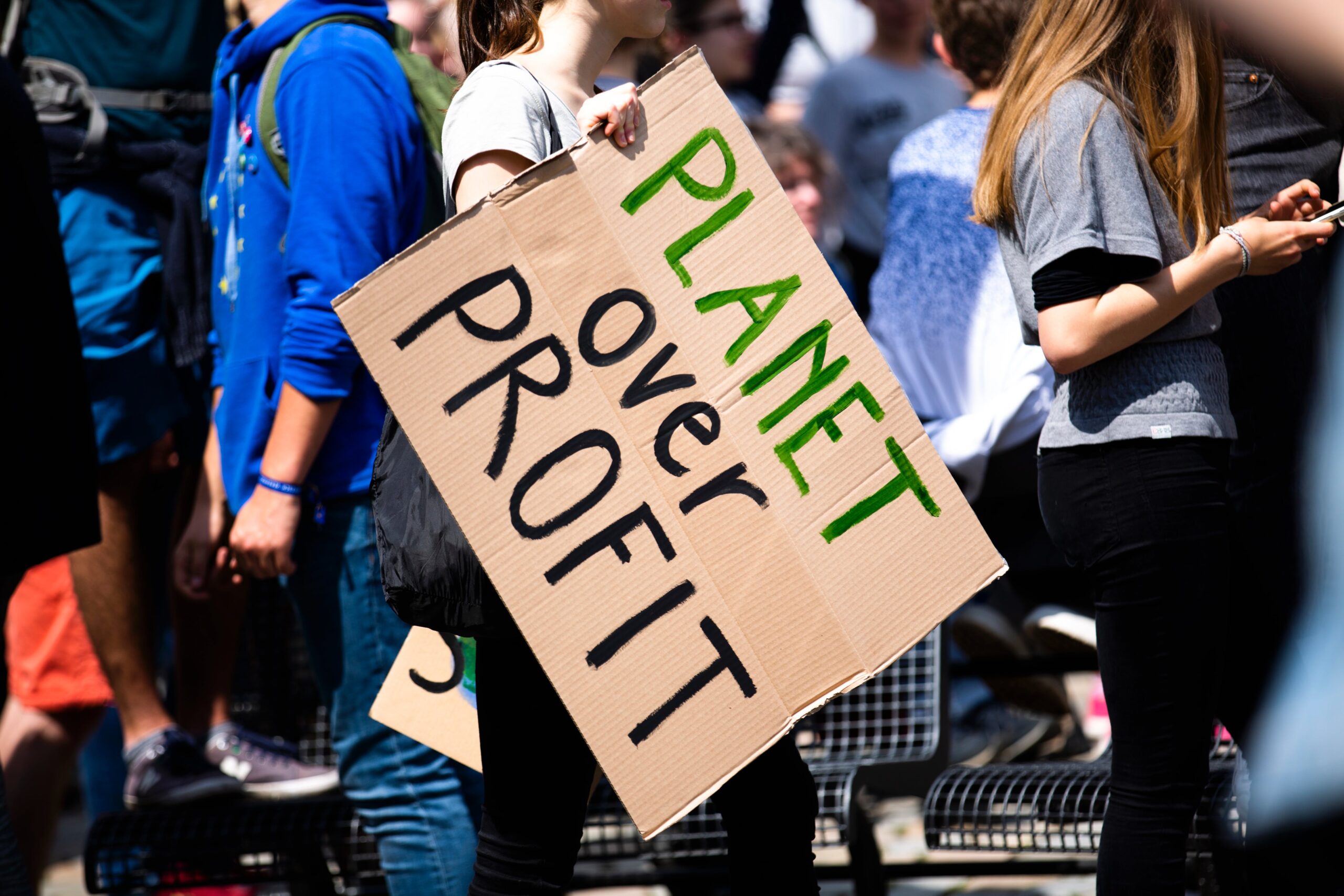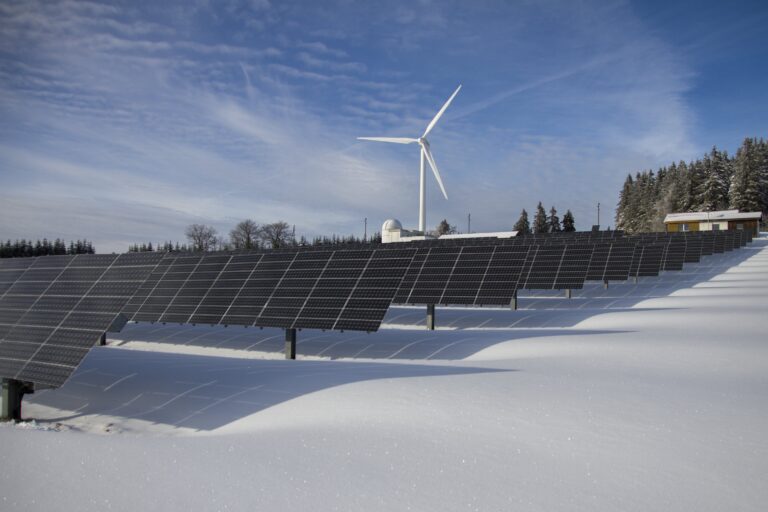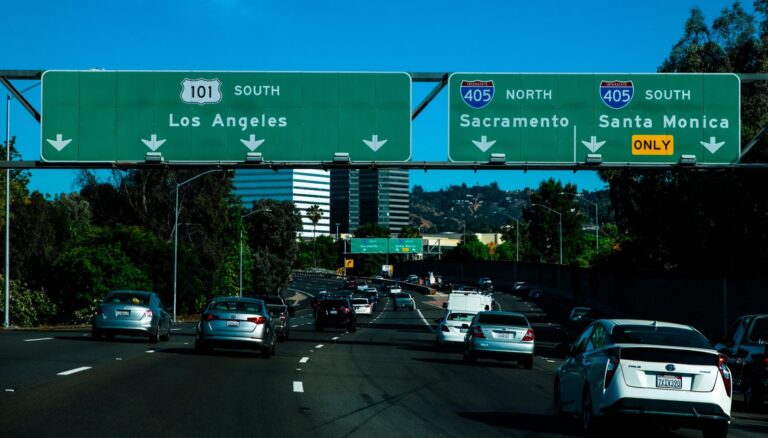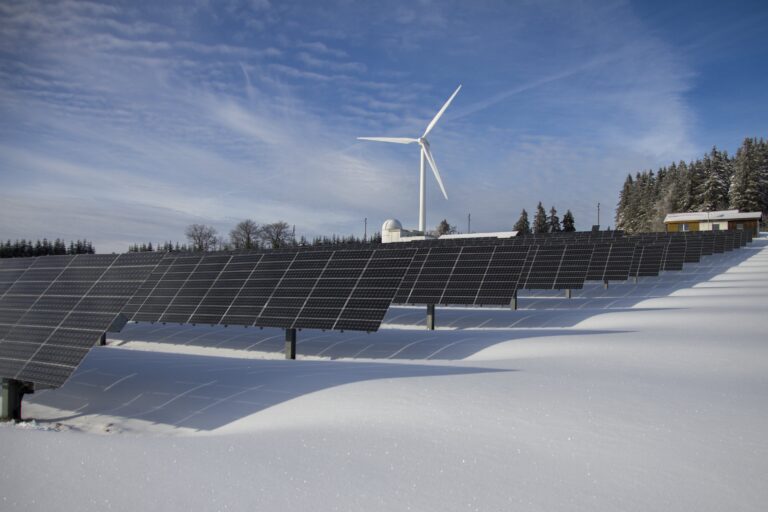Villains of COP28 as climate summit ends with a whimper

(Updates to include last few days of COP negotiations)
This year’s COP28 United Nations climate summit in Dubai ended up with more losers than winners as oil interests dominated the discussions and managed to stall — for another year — any real progress in reducing fossil fuels development. But from a climate fighter’s point of view, there was certainly no shortage of villains. Here’s a short list as the delegates head home.
Sultan Al-Jabar – The President of COP28, chosen by this year’s hosts, the UAE, was a controversial pick from the start because he runs the country’s largest oil concern, the Abu Dhabi National Oil Company.
Despite his insistence that this year’s discussions would center on the “inevitable” phase down of fossil fuel production, it took him all of two days to trigger an uproar after he said he has not yet seen the science that explains how cutting oil would help get to COP temperature goals.
In the end, Al-Jabar delivered an agreement that contained wording about transitioning from fossil fuels for the first time, but left giant loopholes in the process, enabling the oil and gas industry to continue its pursuit of carbon capture and storage technologies while continuing to drill.
India and China — Two of the biggest three polluters (along with the U.S.) traditionally wait until the end of a COP process to torpedo any agreement that they think puts handcuffs on their abilities to pursue oil, gas and coal along with renewables, and this year was no different. As negotiations got heated over whether to include wording to phase out or phase down fossil fuel, the two countries jointly said they would reject both. By coming at it together, they can deflect pressure from the rest of the delegates.
Saudi Arabia — The oil rich giant cranked up the tension at COP28 early on by saying it would flat out reject any wording in an agreement that would phase out oil production, setting the conference up to fail in this capacity even before negotiators sat down. The final agreement contained none of that wording.
Exxon CEO Darren Woods – So great was the attendance of oil industry executives and fossil fuel lobbyists, almost 4,000 combined, in Dubai this year that for the first time, the Exxon CEO found it safe to attend a COP climate conference.
Woods, who is presiding over one of Exxon’s biggest deals in history – its purchase of Pioneer Natural Resources – spoke in defense of carbon capture and storage, the emerging technology that Big Oil claims will reduce harmful emissions from fossil fuels without having to cut production.
Dubai pollution — Several journalists in attendance for two weeks complained of scratchy throats and red eyes from the air quality in Dubai, which is currently listed as unhealthy with an air quality index of 165.
Rishi Sunak – The UK Prime Minister (who played a key role as Chancellor two years ago when Britain hosted COP26 in Glasgow, Scotland, but has spent the past year ordering more drilling and rolling back green initiatives, citing costs), came to COP28 this year but his time was fleeting. Sunak flew 14 hours in a private jet, seven hours each way, for a combined 11 hours of meetings, many of them tied to the Israel-Palestine crisis. Sunak’s new foreign secretary, former Prime Minister David Cameron, arrived in a separate private jet.
OPEC Secretary General Haitham Al-Ghais – The head of the world’s largest oil cartel was in Dubai as well. Speaking at a panel on one of the early days of the summit, he said keeping oil in the ground wouldn’t lead to an energy transition, but an energy crisis. OPEC followed up with plans to cut output by 2.2 million barrels a day to boost prices.
Vladimir Putin – What would a villains list be without the brooding President of Russia. Putin hasn’t attended COP in years and has no plans to visit this year, but made headlines last Wednesday when he flew into Abu Dhabi, just 45 minutes from Dubai for meetings with UAE officials, who greeted him with pomp and circumstance. Most of the energy crisis in the past two years that has spiked oil prices and caused shortages across Europe can be laid at Putin’s feet for invading Ukraine.
Xie Zhenhua – China’s climate envoy plans to step down at the end of this COP next week but made headlines anyway by saying that China’s methane strategy was being unfairly criticized, and standing in the way of a global methane reduction treaty.
Narenda Modi – The Prime Minister of India has taken the role of climate scold in this year’s COP, rebuking his fellow leaders for not doing enough to reduce fossil fuels. But the wounds from last year’s negotiations, when India stood in the way of a general agreement to phase down production, are still raw. India’s renewable energy capacity is growing by leaps and bounds, but it still is opening new coal plants and its fossil fuel capacity is its major source of energy.
Male chauvinists – While tempted to brand every male in attendance, we’re talking about the climate leadership in the 197 countries at the summit, which is predominantly male. A “family photo” of this year’s climate leaders on Day One of the summit was shockingly male dominated, causing Hilary Clinton to point it out in her speech that day.
Sponsor
Find a Vetted Financial Advisor
- Finding a fiduciary financial advisor doesn't have to be hard. SmartAsset's free tool matches you with up to 3 financial advisors that serve your area in 5 minutes.
- Each advisor has been vetted by SmartAsset and is held to a fiduciary standard to act in your best interests. Get on the path toward achieving your financial goals!






